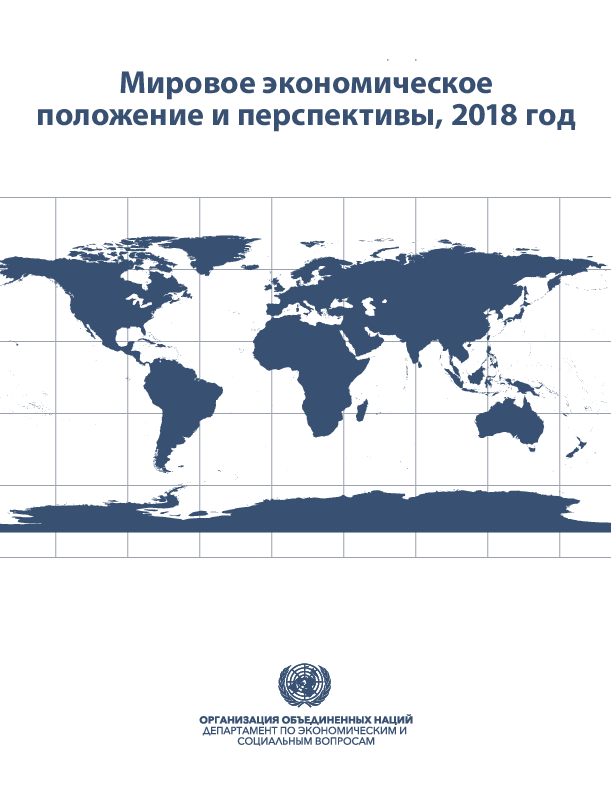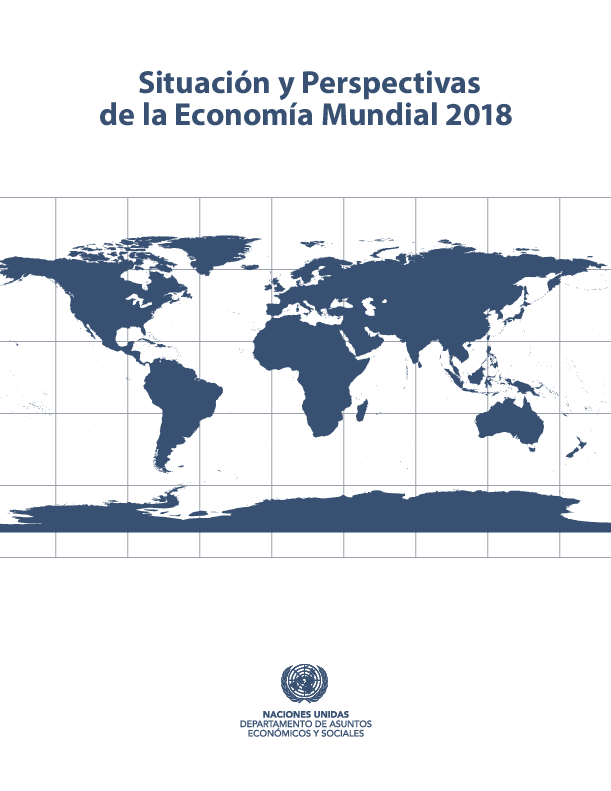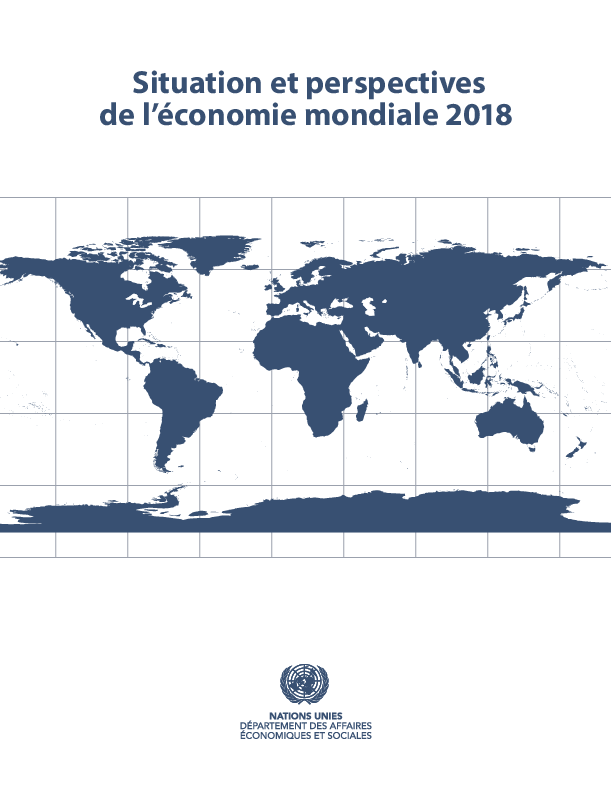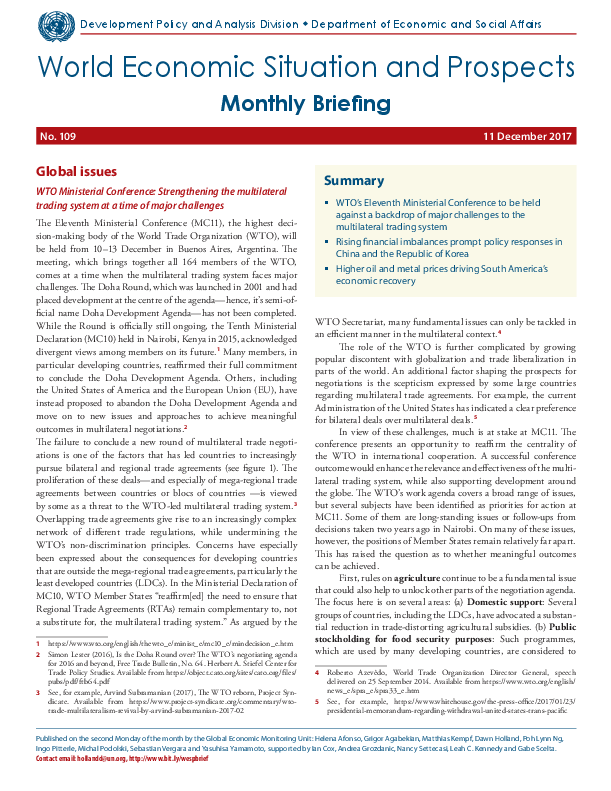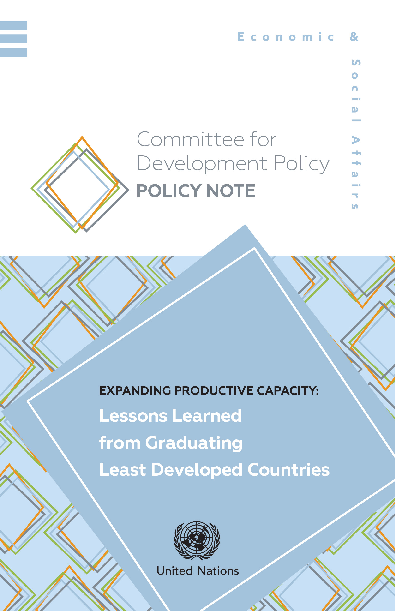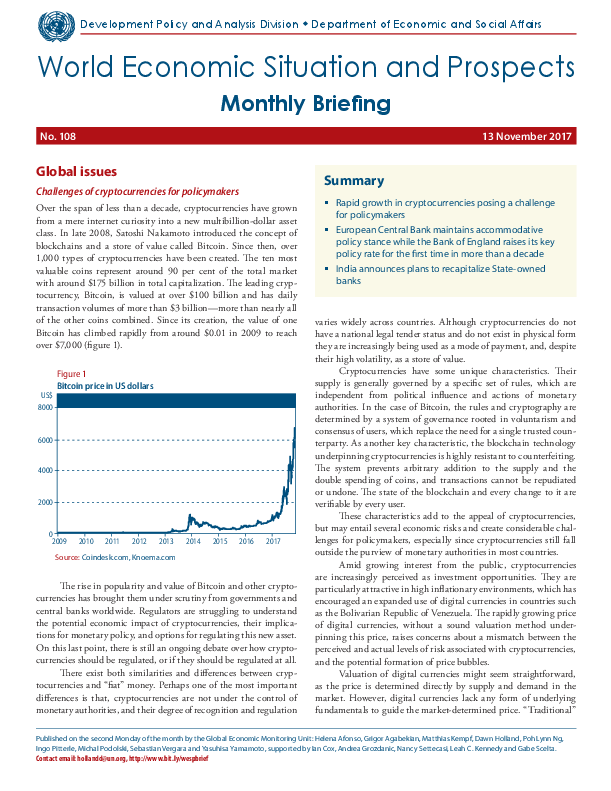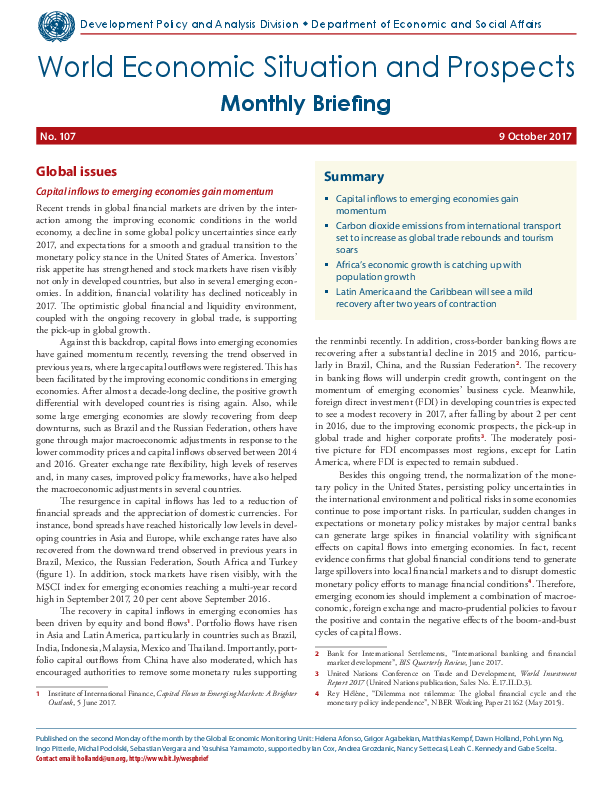Publications
Displaying 401 - 410 of 1089
??????????, ?????? ???????????? ???????? ???????????
?????????????? ??????? ?? ?????? ??????????? ?????????? ???????
Rising financial imbalances prompt policy responses in China and the Republic of Korea
Higher oil and metal prices driving South America?s economic recovery
Carbon dioxide emissions from international transport set to increase as global trade rebounds and tourism soars
Africa?s economic growth is catching up with population growth
Latin America and the Caribbean will see a mild recovery after two years of contraction
???? ,?
 Welcome to the United Nations
Welcome to the United Nations
